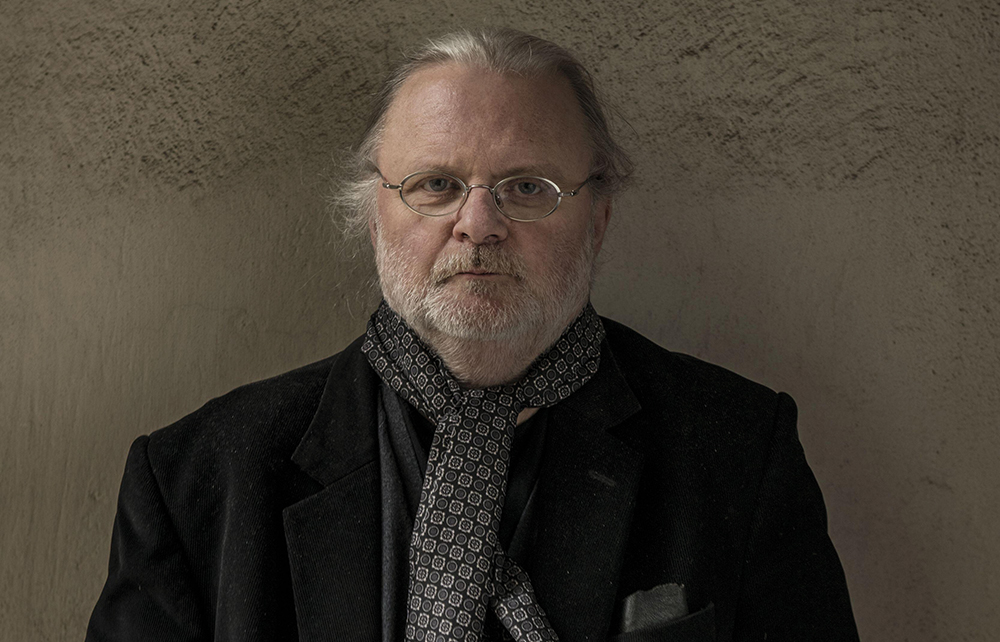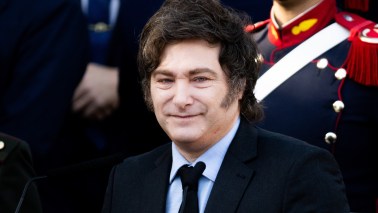The Nobel Prize for Literature this year was awarded to the Norwegian novelist and playwright Jon Fosse (pictured). He has long been admired by anyone in the literary world keen to advertise their seriousness. The Canadian critic Randy Boyagoda, writing of Fosse’s Septology in the New York Times, said that he’d ‘come into awe and reverence myself for idiosyncratic forms of immense metaphysical fortitude’.
The technique is to bury statements of mystic vision or horror in piles of mostly tiny and uninteresting events
Fosse is published in Britain by Fitzcarraldo Editions, that elegant firm bringing all sorts of high-minded writers to our attention in matchy-matchy formats. The Spectator’s literary editor observed recently, very truly, that its navy spines now occupy the same chic place in bookshelves as the white spines of Picador did in the 1970s and early 1980s.
The major works available are Aliss at the Fire (a translation of Det er Ales; it was thought by Fosse’s translator Damion Searls that It’s Ales wouldn’t do), Scenes from Childhood, including some other short pieces, and Septology, a sequence of texts. The most recently translated is a novella, A Shining.
Of these, Septology is the most acclaimed. The seven texts are all very similar and tell about two male painters, both called Asle, and their wives, both called Ales. One painter is a persistent alcoholic; the other has given up. One has a friend called Asleik, a fisherman. One wife is dead; the other is still alive. The subject of the book is the agony of artistic creation, and there’s a good deal about mystical theology. It is written in a single uninterrupted sentence, as the narrator wanders through the world. The technique is to bury statements of mystic vision or horror in piles of mostly tiny and uninteresting events with a dedicated, unevocative flatness:
… and then the man who shook him by the shoulder goes back and sits down on the chair again and then the woman sitting at the reception desk asks if everything’s all right and I say yes and then I ask her if she can call me a taxi and she says that she can see a taxi sitting outside The Hospital, it’s probably free, she says, so I could go ask if that one’s free first, she says, and if it isn’t free then of course she’ll call a cab for me, she says and I say thank you…
Aliss at the Fire is an earlier work from 2003, which similarly conflates very similar people with the same names in a dogged interiority.








Comments
Join the debate for just £1 a month
Be part of the conversation with other Spectator readers by getting your first three months for £3.
UNLOCK ACCESS Just £1 a monthAlready a subscriber? Log in